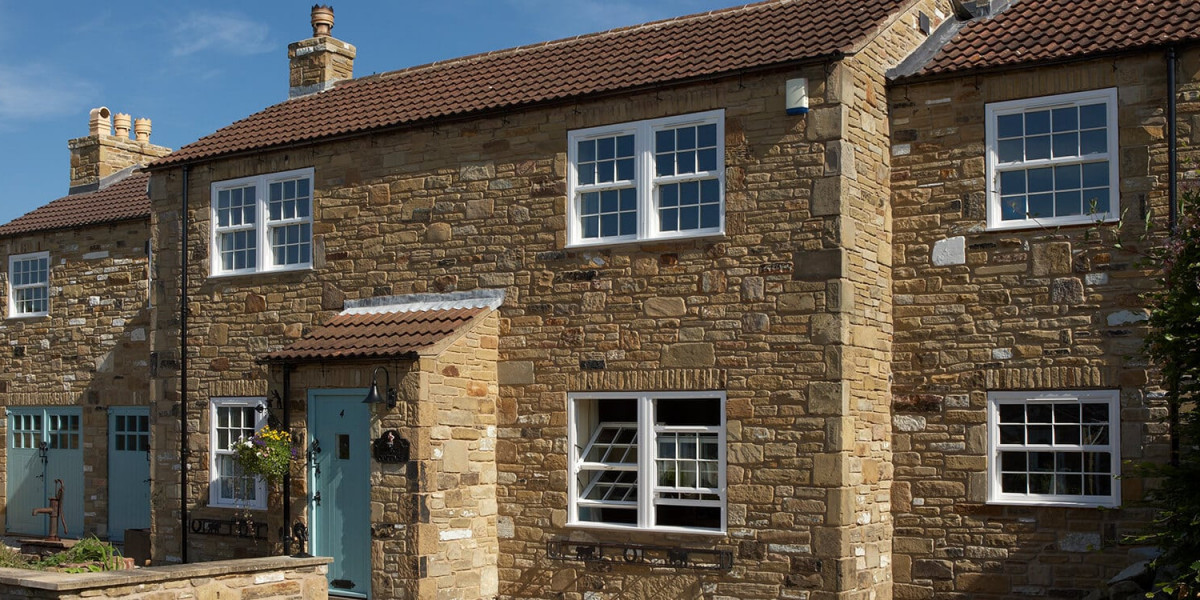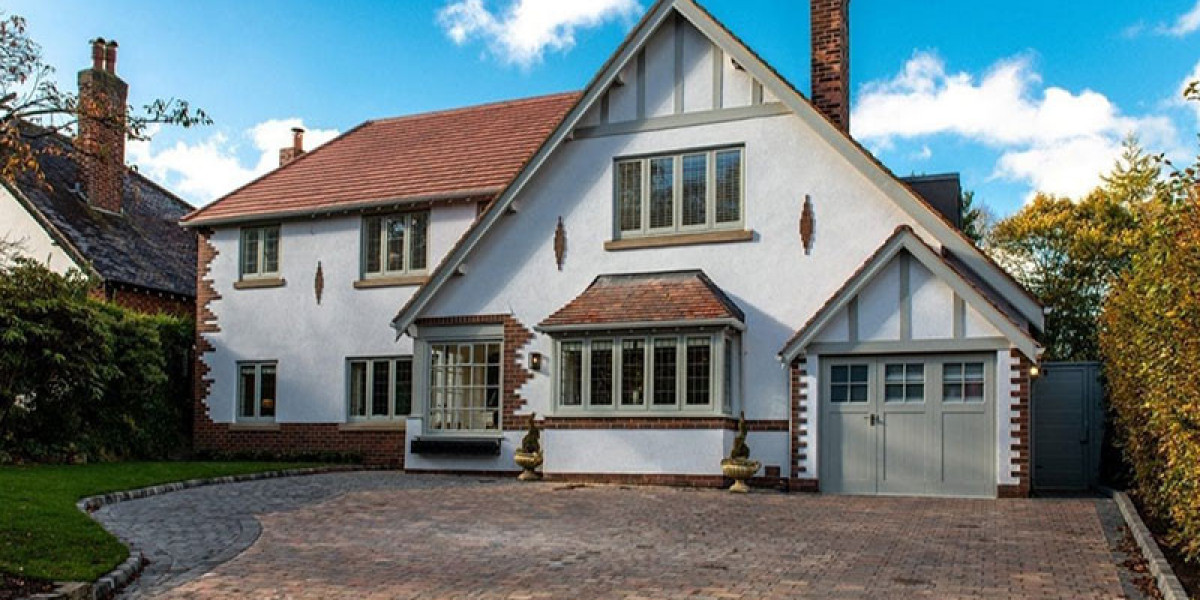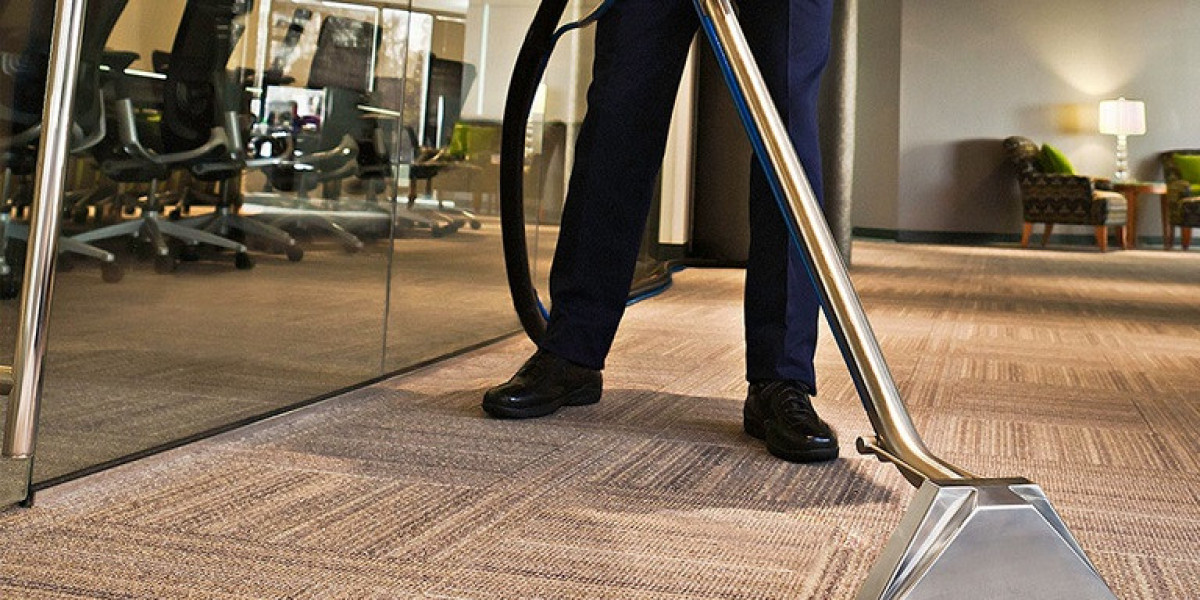Aluminium windows have become increasingly popular in modern architecture due to their durability, aesthetic appeal, and energy efficiency. As urban landscapes evolve and the demand for sustainable building materials rises, aluminium has emerged as a preferred choice among architects, builders, and homeowners alike. This article explores the advantages of aluminium windows, their applications in various settings, and the factors driving their popularity in contemporary design.
One of the primary benefits of aluminium windows is their exceptional strength and durability. Unlike traditional materials such as wood, aluminium is resistant to warping, cracking, and corrosion. This resilience makes aluminium windows an ideal choice for regions with extreme weather conditions, including heavy rain, snow, or intense heat. Additionally, aluminium does not require extensive maintenance; it can withstand the test of time without the need for regular painting or staining, making it a cost-effective solution in the long run.
Another significant advantage of aluminium windows is their versatility in design. Aluminium frames can be manufactured in a variety of styles, colors, and finishes, allowing for seamless integration into any architectural aesthetic. Whether a building is designed in a contemporary, minimalist style or a more traditional look, aluminium windows can be customized to suit the vision of the architect or homeowner. Furthermore, the slim profile of aluminium frames maximizes natural light and provides unobstructed views, enhancing the overall ambiance of a space.
Energy efficiency is a critical consideration in modern construction, and aluminium windows have made significant strides in this area. Traditionally, aluminium was viewed as a poor insulator, leading to heat loss and higher energy bills. However, advancements in technology have led to the development of thermally broken aluminium frames, which incorporate insulation materials to minimize heat transfer. These energy-efficient windows help maintain comfortable indoor temperatures, reducing reliance on heating and cooling systems and ultimately lowering energy costs.
In addition to energy efficiency, aluminium windows contribute to sustainability in building practices. Aluminium is a highly recyclable material, and the recycling process requires only a fraction of the energy needed to produce new aluminium. This characteristic aligns with the growing emphasis on sustainable construction and environmentally responsible materials. By opting for aluminium windows, builders and homeowners can reduce their carbon footprint and support a circular economy.
The applications of aluminium windows are vast and varied. In residential settings, they are often used for large expanses of glass that create a seamless connection between indoor and outdoor spaces. Bi-fold and sliding doors made from aluminium are particularly popular for creating open-plan living areas that invite natural light and fresh air. In commercial buildings, aluminium windows are favored for their sleek appearance and ability to accommodate large glass panels, making them ideal for storefronts, office buildings, and high-rise developments.

Moreover, aluminium windows are increasingly being utilized in the renovation of historical buildings. Many architects are now using aluminium to replace outdated window systems while preserving the building's original character. The ability to replicate traditional designs in a modern material allows for improved energy efficiency without compromising the aesthetic integrity of the structure.
When considering the installation of aluminium windows, it is crucial to evaluate the quality of the product. Not all aluminium windows are created equal; factors such as frame thickness, finish quality, and the type of glazing used can significantly impact performance. It is advisable to work with reputable manufacturers and installers who can provide high-quality products that meet industry standards.
Another important aspect to consider is the cost of aluminium windows. While the initial investment may be higher than that of other materials, https://ttm.media/business/ideal-glass-backs-armed-forces-day-while-serving-homes-in-st-albans/ the long-term savings in maintenance, energy efficiency, and durability often outweigh the upfront costs. Additionally, the aesthetic appeal and increased property value associated with aluminium windows can make them a worthwhile investment for homeowners and developers alike.
In conclusion, aluminium windows represent a harmonious blend of functionality, aesthetics, and sustainability in modern architecture. Their strength, design versatility, and energy efficiency make them a preferred choice for a wide range of applications, from residential homes to commercial buildings and historical renovations. As the construction industry continues to evolve, aluminium windows will undoubtedly play a pivotal role in shaping the future of architectural design. By choosing aluminium, builders and homeowners not only benefit from a high-quality product but also contribute to a more sustainable and environmentally friendly built environment.






